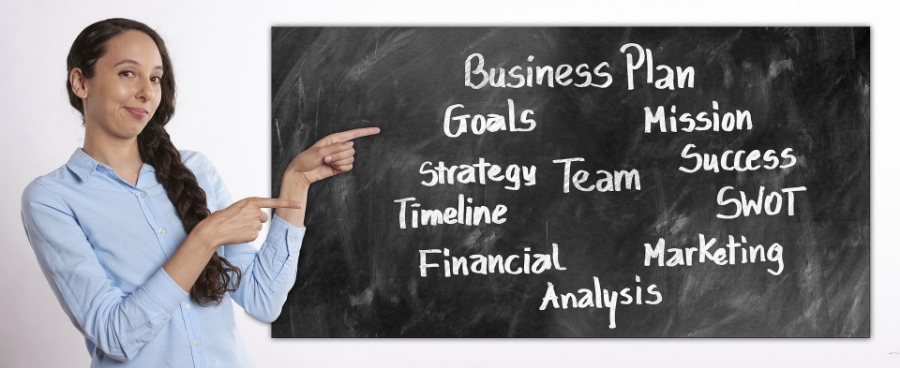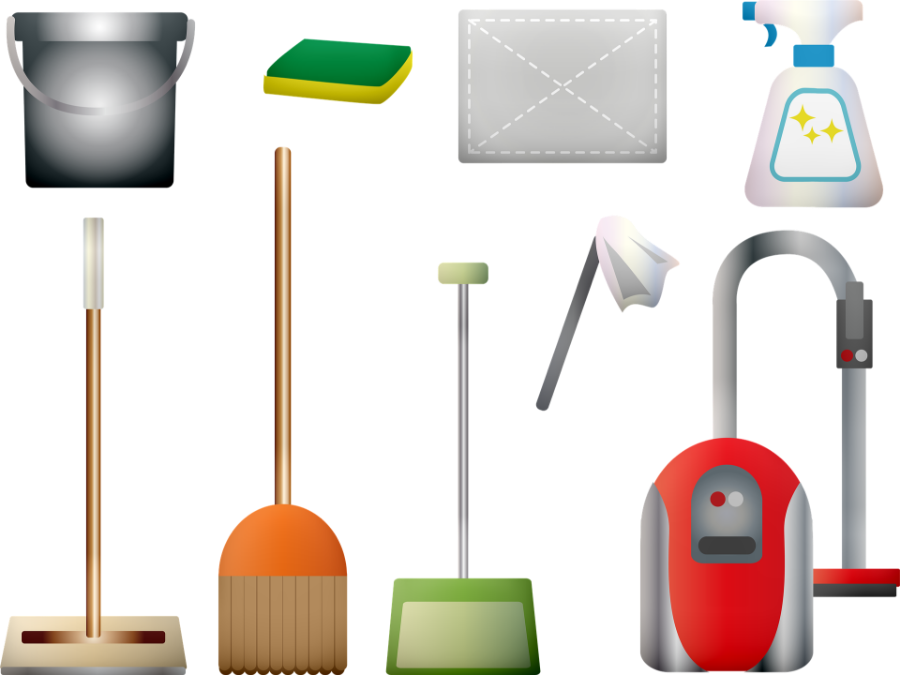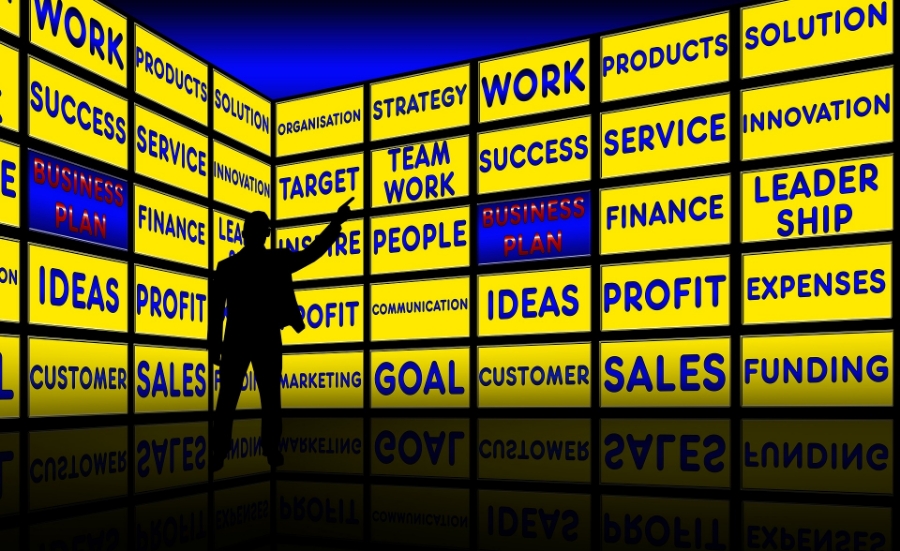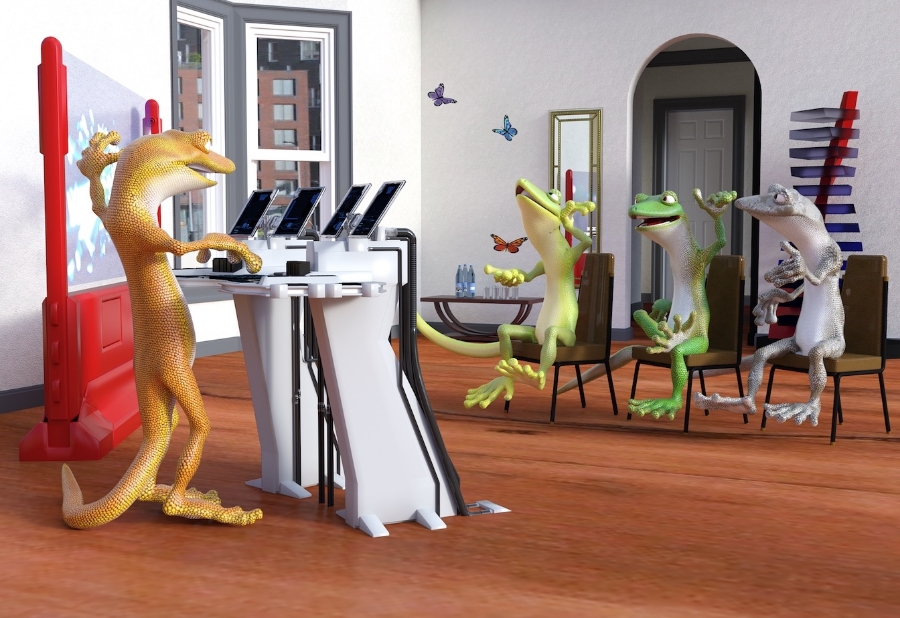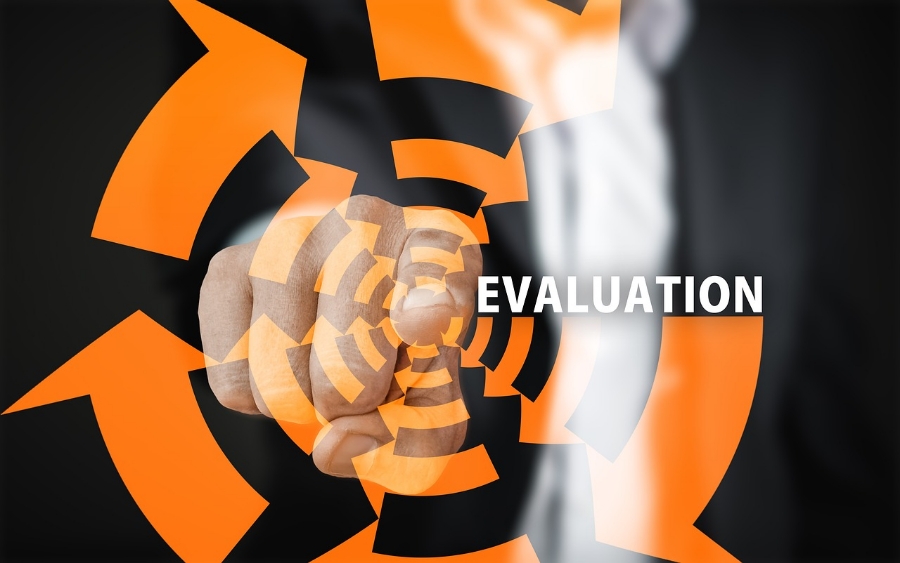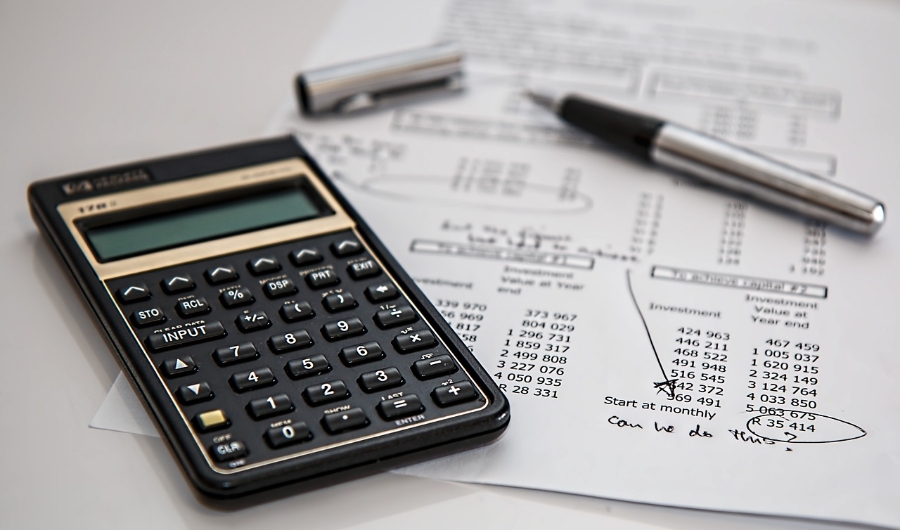Blog
Thinking of starting your own cleaning business? It's a great opportunity for anyone who is hard working and responsible, and you can start working from your own home with only a minimal investment for start-up expenses. You can expand the business at your own pace and hire extra staff on an "as needed" basis.
Every business needs a mission statement, to serve as a blueprint for business planning and decision-making. A mission statement that clearly states the business' purpose and goals will inspire your people to pull together as a team to accomplish that purpose, and will give management and stakeholders a means of measuring its success.
No matter how experienced a speaker you are, rehearsals are necessary each time you make a presentation.
Preparing for a seminar is not only hectic and time-intensive, it can also be incredibly stressful for the organizers. It's inevitable that something will go wrong. But you can stay ahead of the game and maximize the number of things that go right with some careful planning.
This is the final article on conducting a due diligence review when purchasing a business. This article lists relevant records, contracts, financing and credit arrangements, and brokerage commissions relevant to the transaction.
VI. Administrative Records.
"Administration" includes all of the procedures, policies and records related to the day-to-day operations of the company. A well-run company keeps good, thorough, accurate records. You will need to review copies of all the administrative records, including:
- All current contracts with suppliers. Do any of the contracts require written notice if control of the company changes?
- All current contracts with consultants, independent contractors, commissioned sales people, etc.
- Details of trade and accrued liabilities, including payment terms.
- Inventory valuation, turnover and obsolescence review.
- Details of bank indebtedness and long-term debt.
- Insurance coverages - who or what covered, amounts, names of insurers: key man, life, health, liability, property, business interruption, product liability, etc.
- Insurance claims incurred but unreported.
- Credit reports.
- General, administrative and factory overhead.
- Backlog and order records.
- Pricing policies.
- Bank accounts.
- Government and non-government financial assistance.
- Trade association memberships, club memberships, etc. - amounts, due dates, benefits.
- Non-competition, confidentiality and nondisclosure, non-circumvention agreements.
- Management organizational chart, list of managers and department heads and functions of each.
- Employee handbooks, guidelines, workplace policies and bulletins, occupational health and safety guides.
- Employment contracts, key personnel files, confidentiality and indemnification agreements.
- Incentive plans, bonus payments, benefits packages, severance pay policy, early retirement options.
- Labor union agreements and recent negotiations.
- Worker's compensation, insured and self-insured plans.
ASSETS AND LIABILITIES
VII. Property.
Get a list of all property (real and personal) owned or leased by the business, and review all documentation related thereto.
Real Estate
- Description, location and character of all real estate property owned by the business.
- Surveys, appraisals, certificates of title, title opinions, title insurance, and inspection reports. Consider whether an inspection is required.
- Liens for taxes or assessments (if any).
- Mortgages registered against property owned by the business.
- Zoning restrictions.
- For all leased real property, name of landlord, location and condition of premises.
- Lease provisions, particularly:
- amount of rent,
- type of lease (e.g. net lease),
- permitted use,
- services and amenities included,
- right to sublease or assign,
- actions constituting breach or default,
- registration of leasehold interest on title.
Tangible Personal Property
- List of all machinery and equipment owned, leased or on order, including motor vehicles, manufacturing plant, computer systems, data processing and communications systems.
- Details of all fixed asset purchases and a schedule of depreciation.
- Conditional sales contracts, chattel mortgages or other liens.
- Terms of leases:
- payments,
- expiry dates,
- renewals (automatic or requiring notice),
- buy-out options,
- replacement and repair provisions,
- breach and default,
- discharge of lessor's security interest on purchase by lessee.
- Service agreements.
- Computer security and disaster recovery procedures.
Intangible Personal Property
- Patents, copyrights, trade names and trade marks (domestic and foreign).
- Nondisclosure agreements, trade secret agreements.
- Business licenses.
- Other licenses for company or employees.
- Ownership of subsidiaries (shares, partnership, other).
VIII. Financings.
Review all loan and credit agreements, and any other documentation evidencing material borrowing, including:
- Promissory notes.
- Letters of credit.
- Guarantees.
- Line of credit agreements.
- Sale or lease-back arrangements.
- Installment purchases.
- Correspondence with lenders for the past 3 years (or less, if the company hasn't been in existence that long).
- Any business conduct restrictions, restrictions on acquisitions or mergers, due on sale clauses.
- Conditions of breach or default.
- After-acquired property clauses in mortgage documents.
- License, franchise and royalty agreements.
IX. Broker.
Lastly, is there a broker involved in the purchase and sale transaction? Who is the broker representing? If you're liable for paying any portion of the broker's commissions and other costs, you must have a copy of the broker agreement.
Once you have had a chance to answer all of the questions and review all of the materials listed in these last few articles, you should know all you need to know to determine whether to go ahead with purchasing the business. If you and your lawyer and accountant are happy, it's time to negotiate the Purchase and Sale Agreement.
In our last post we discussed the importance of a due diligence review when you're considering purchasing a business, and covered the questions that should be answered with respect to the business' financial and corporate history. This week we talk about legal and regulatory matters, customers, goodwill, market share and potential for growth.
Today we start a 3-article series on how to conduct a due diligence review when you are considering buying an existing business. Part I of the series covers the financial, corporate and historical data you should look at with your accountants and your lawyer. If you're thinking about purchasing a business, there are many issues you need to consider and many documents you need to review with your legal and financial advisers before you close the deal. It's not only important to know the current status of the business, but also its past history, its long-term viability, future market opportunities, and potential for growth.
Congratulations! You've finally found an ideal location for your business, and you can start negotiating the lease with the landlord.
But what should you be looking for in the commercial lease agreement? Before you sign anything, review the lease and make sure it answers each of the following questions:
- Will you be given a copy of the building inspection report? If not, can you arrange for your own inspection?
- Is a drawing of the leased premises attached with the demised area clearly marked?
- What is the date of possession? What are your remedies if the space is not available to you on the date of possession?
- Are you required to obtain any approvals or comply with any local regulations or ordinances before you can commence business in the leased premises?
- How long is the rent-free period? When do the lease payments begin?
- How will your security deposit be handled? How long will it take to receive a refund of the deposit at the end of the lease term?
- Are there restrictions on your use of the space? What are those restrictions?
- What are the provisions for rental increases? How much prior notice will be given?
- Are tenants required to pay a portion of the property taxes for the building?
- What types of insurance coverage, in what amounts, are you required to carry?
- Which utilities and services will you be responsible for paying?
- What other costs are associated with the space (advertising, merchant association dues, etc.)?
- How much will the landlord pay towards your leasehold improvements?
- Are there any restrictions on what kind of signage you can have? Do you need to get the landlord's prior approval before installing your signs?
- What are the landlord's obligations for repairs and maintenance on the building, the common areas and your premises?
- How much are your common area maintenance costs?
- What are the provisions for renewal of the lease at the end of the term?
- Do you have the right to assign the lease or sublease any of the space?
- What are your rights in the event of eminent domain, foreclosure, or partial or total destruction of the premises?
- What happens if you default in any of your obligations?
- What are your remedies if the landlord defaults?
- Are you required to return the premises to its original condition at the end of the lease period? Based on the original condition, what will the costs be to do this?
- Is there an obligation to pay legal fees and costs in the event of a dispute?
If you are satisfied with the answers you get to these questions, you should submit a Letter of Intent (LOI) or a Lease Proposal to the landlord which sets out all the negotiable elements of the lease.
The LOI or proposal should set out such details as square footage, initial term, renewals, base rent, rent-free period, allowance for leasehold improvements, etc., as well as the relevant tone of your negotiations to date. This will allow the parties to continue to negotiate the final terms of the lease. Keep every draft as a paper trail documenting the negotiations.
Finally, have your lawyer review the lease BEFORE you sign. And never sign anything that you don't fully agree with.
Image by H. Cuthill
- 2025
- 2024
- 2023
- 2021
- 2020
- 2019
- 2018
- 2017
- 2016
- 2014
- 2013
- 2012
- 2011

